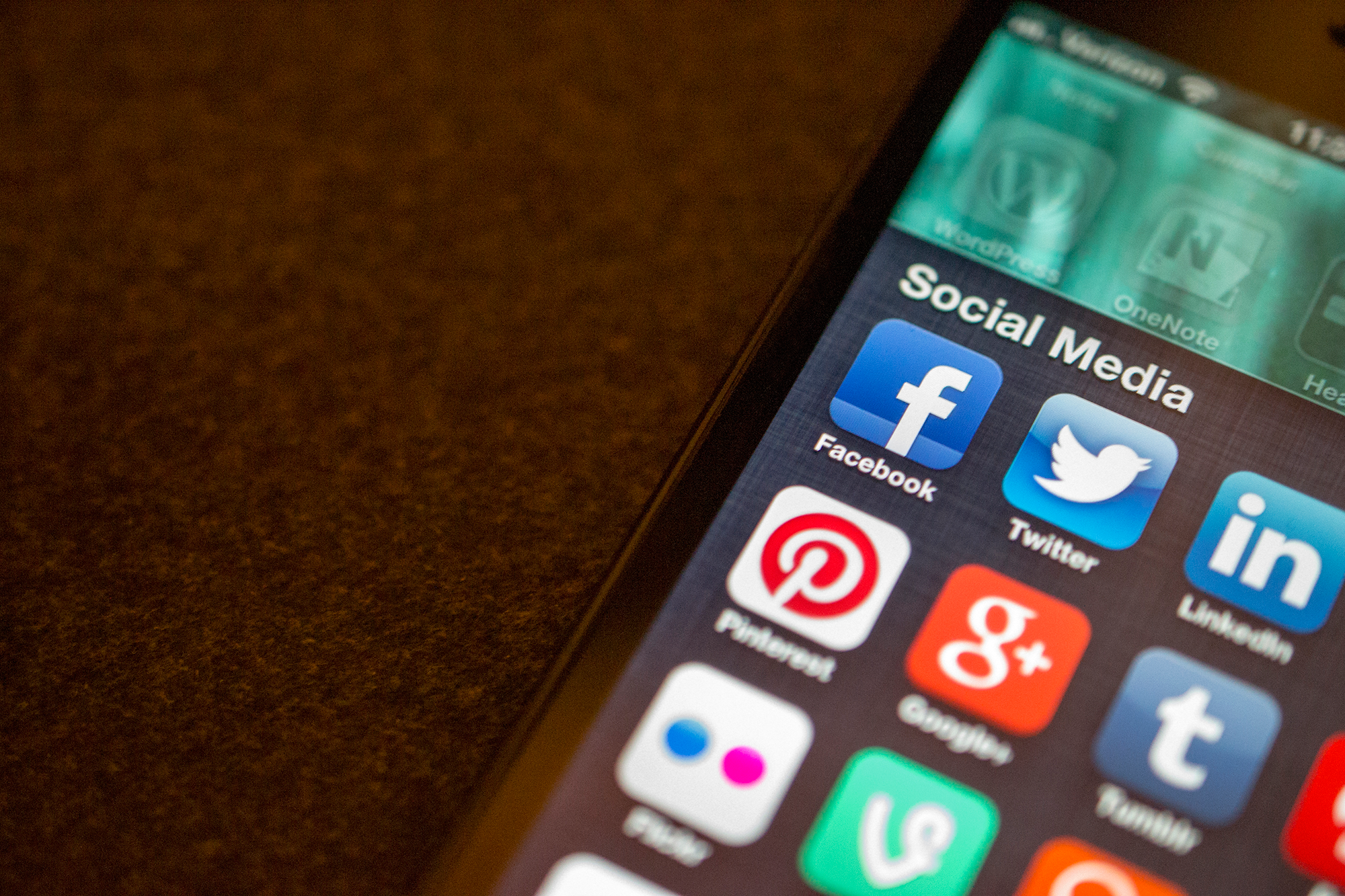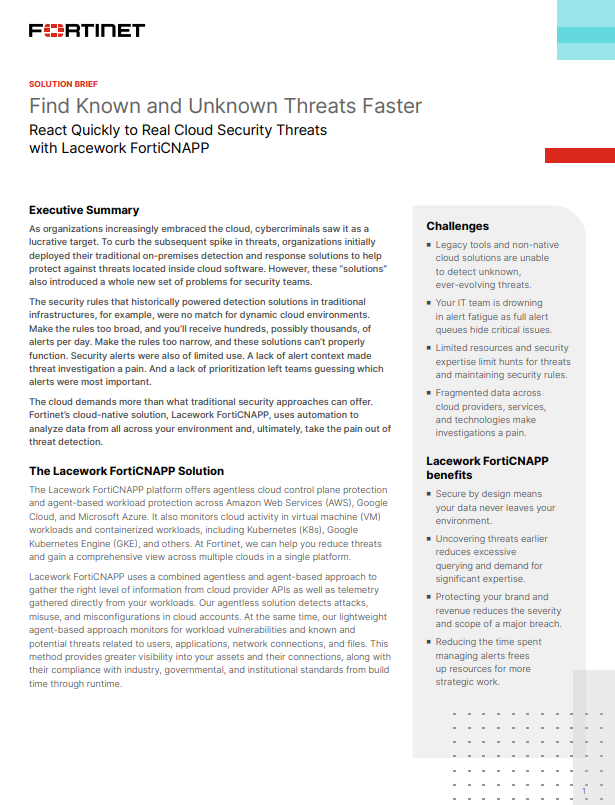It’s time to regulate social media – it’s too powerful
Individuals can’t fix this problem: Facebook, Twitter and Google have too much power


US Senator John Kennedy is afraid of Facebook. At a senate hearing on Russian influence into the 2016 election, he told legal counsels sent by Facebook and Google: "Your power sometimes scares me."
What an understatement. According to Facebook itself, as many as 270 million of its 1.5 billion accounts are fakes or duplicates, and more than 48 million are "user-misclassified and undesirable accounts". And some of those, US senators believe, were bots used to sow confusion and chaos during last year's election. Now we have Donald Trump as the leader of the free world, or whatever we call it these days.
Figures disclosed during the senate hearings suggest that just 120 fake Facebook pages made 80,000 posts during the 2016 election, reaching 29 million Americans, plus a million more thanks to likes and shares.
A separate report, from American charity Freedom House, shows it's not only a problem in the US, saying "armies of opinion shapers" were set loose on the web by 30 governments to push their own agendas.
Regardless of your politics, the power of social media and online companies is enormous and there's little way to check who's wielding that power. Understand the basics of how Facebook and Twitter work and it's easy to leverage them to your own ends; master Google's advertising automation, and your message can have more reach than the New York Times, without the pesky fact-checking.
Knowing how social media works doesn't protect you from the effects of propaganda. The traditional response to complaints about Facebook, Google and the rest is "why don't you delete your account?" There are plenty of reasons to keep using them. You try to get by as a freelance journalist without an editor sending you a Google Doc with comments. And let's see you ignore Facebook photos shared by your overseas friends and family.
But personal excuses aside, regardless of whether I as an individual have a Facebook account or persist with Gmail, I have to live in a world with Trump as president, with Russian bots spewing lies, and all the rest. Social media impacts us all as part of our wider society, whether or not I opt out.
Get the ITPro daily newsletter
Sign up today and you will receive a free copy of our Future Focus 2025 report - the leading guidance on AI, cybersecurity and other IT challenges as per 700+ senior executives
What regulation can be introduced? Barry Lynn and Matt Stoller are both academics at the Open Markets Institute you may recall Lynn was the researcher let go from think-tank New America, apparently under pressure from the web giant after an anti-Google blog post. The Open Markets Institute has asked the Federal Trade Commission to take one simple step: ban Facebook from any more acquisitions.
That will help other players compete, making it harder to control what we see, they argue, pointing to Facebook's acquisitions of WhatsApp and Instagram. "Had those companies been allowed to grow and compete with Facebook, we would today see less power and control concentrated in that one corporation," they wrote in a Guardian column. Even if I did quit Facebook, I'd have to also drop Instagram and WhatsApp two of the only social apps I use often to avoid its grasp. And that makes it harder.Senator Kennedy's colleague Al Franken also called for Facebook to ban foreign countries from buying political ads some of the election ads at the centre of the debate were literally paid for in roubles but while that's an obvious step, it doesn't address the issue of social media power, nor address the propaganda posts made by fake users.
There are few clear ideas to fix this as there's fear of regulating the internet; we want it open and free. We've faced this before, with news media. We have the right to free speech, but can't print hate speech or lies plenty still do, of course but that's a starting point for these platforms, to dub them publishers with legal responsibilities.
The answer is likely all the above ideas, and plenty more besides but it's time for regulation. Facebook, Google and Twitter users can't solve this on their own.
Freelance journalist Nicole Kobie first started writing for ITPro in 2007, with bylines in New Scientist, Wired, PC Pro and many more.
Nicole the author of a book about the history of technology, The Long History of the Future.
-
 Neural interfaces promise to make all tech accessible – it’s not that simple
Neural interfaces promise to make all tech accessible – it’s not that simpleColumn Better consideration of ethics and practical implementation are needed if disabled people are to benefit from neural interfaces
By John Loeppky
-
 Solution Brief: Find Known and Unknown Threats Faster
Solution Brief: Find Known and Unknown Threats FasterDownload Now
By ITPro